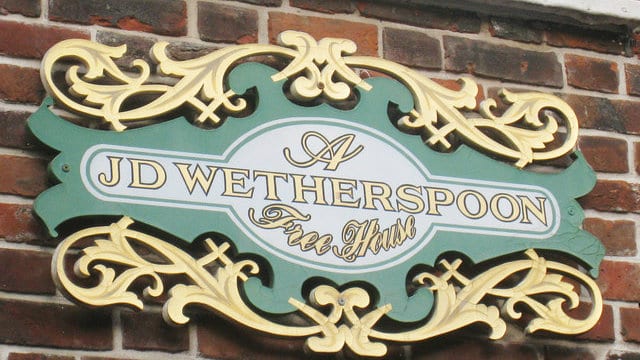The UK pub industry has endured a difficult decade. Closures may have slowed in 2015, but there are still 27 pubs closing their doors across the UK every week. Whether this has been caused by a shift in consumer tastes, the smoking ban or sky-high beer duty is open to debate. However, for most investors, the pub industry has proven to be a poor investment in recent years.
For example, Mitchells & Butlers (LSE: MAB) has declined by 26% in the last year, which brings its 10-year fall to 60%. It released somewhat mixed results today for its most recent full year. Revenue declined by 0.7% and operating profit was down 14.4%. This caused its pre-tax profit to fall from £126m in the previous year to £94m last year, which is a decline of over 25%. Furthermore, like-for-like (LFL) sales were down 0.8%, which shows that the underlying performance of the business remains relatively weak.
However, there are some bright spots in its results. Although LFL sales were down, they enjoyed an improving trend throughout the year and are up by 0.5% in the last eight weeks. Mitchells & Butlers also made progress on its strategy to build a more balanced business, instil a more commercial culture and push through greater innovation. Alongside a conversion and refurbishment programme that saw 252 conversions and remodels in the last financial year, this could help to improve its performance compared to sector peers.
Industry-wide issues
Looking ahead, the company and the wider industry face a difficult outlook. For example, there are external cost pressures, notably from wage inflation as the National Living Wage increases over the next few years. Alongside this, Brexit has caused the pound to weaken and this could cause the prices of imported beers, spirits and wines to increase for Mitchells & Butlers, as well as for sector peers such as JD Wetherspoon (LSE: JDW). And with the recent business rates review raising costs for pubs still further, the two companies and their peers have a bleak outlook.
Due to this, Mitchells & Butlers trades on a low valuation. It has a price-to-earnings (P/E) ratio of only 7.4. But this indicates that there’s a wide margin of safety on offer, with the company having the potential to benefit from an upward rerating over the medium term. However, JD Wetherspoon’s P/E ratio of 17.5 is difficult to justify given the challenging operating conditions it faces.
Neither pub operator has a positive near-term outlook. Mitchells & Butlers is forecast to deliver growth of just 2% this year, while JD Wetherspoon’s earnings are expected to rise by 8% in the current year. As such, it’s difficult to seek how either company’s shares will be positively catalysed in the short-to-medium term. And with the UK pub industry continuing to endure a painful period as supply exceeds demand, there may be better opportunities for investment available elsewhere.







